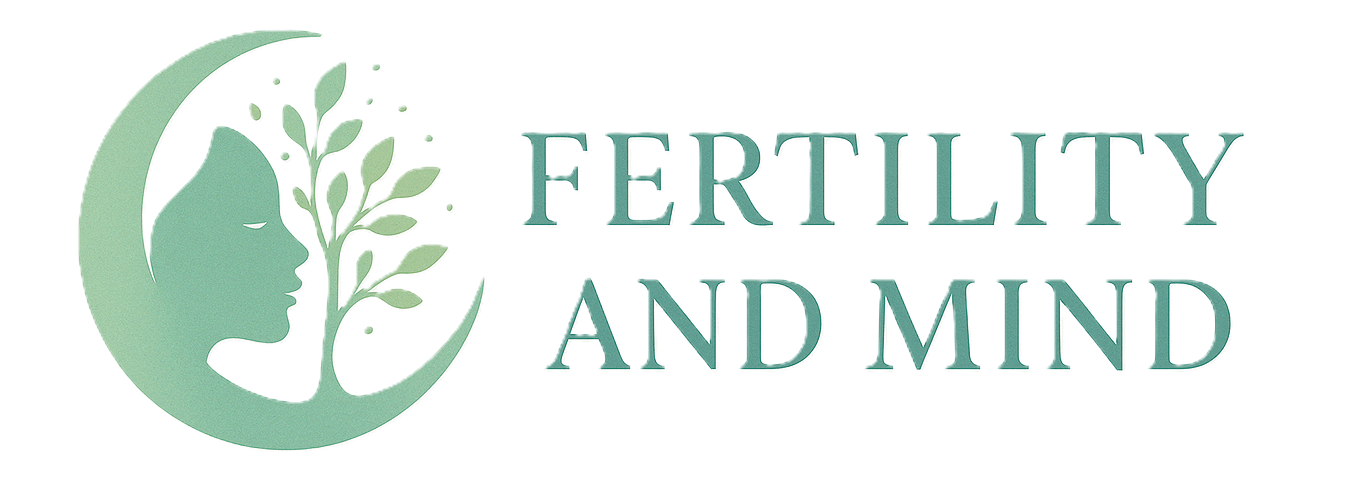
Fertility struggles affect far more than physical health they touch the heart and mind as well. While medical treatments like IVF focus on reproductive health, fertility mental health addresses the emotional side of the journey. Managing stress, building resilience, and finding emotional support can transform how individuals and couples experience the road to parenthood.
Why Fertility Mental Health Matters
Many people underestimate the link between infertility stress and emotional well being. Feelings of anxiety, guilt, and isolation are common when coping with infertility, but prioritizing mental health helps create balance.
- Enhances resilience during fertility treatments
- Encourages open communication in relationships
- Supports adherence to medical plans such as IVF
- Improves overall quality of life
The Link Between Stress and Fertility Outcomes
How Stress Affects the Body
Chronic stress impacts hormone regulation, menstrual cycles, and sperm quality. While stress alone doesn’t cause infertility, it complicates the mind body connection and can affect reproductive health.
Stress Management Strategies
Incorporating relaxation techniques such as yoga, meditation, and mindful breathing can help reduce cortisol levels. Journaling, gentle exercise, and creative outlets also provide emotional release and strengthen mental clarity during fertility challenges.
Emotional Support and Counseling
Fertility Counseling for Emotional Well-Being
Professional counseling offers a safe space to explore feelings, build coping strategies, and manage grief. Fertility counseling and IVF emotional support help individuals and couples navigate uncertainty with guidance and hope.
Fertility Support Groups and Community
Joining fertility support groups allows people to share experiences, reduce feelings of isolation, and discover practical tools for coping with infertility. Connecting with others brings comfort and reassurance that no one is alone in this journey.
Holistic Fertility and Lifestyle Choices
Nourishing the Mind Body Connection
- Nutrition: A balanced diet rich in vitamins and minerals supports reproductive health and mood regulation.
- Exercise: Gentle activities like walking, swimming, or yoga improve circulation, reduce stress, and release endorphins.
- Sleep: Consistent rest restores hormone balance and emotional stability.
- Mindfulness: Daily practices help align body, mind, and emotions.
Embracing a holistic fertility approach ensures that mental, emotional, and physical needs are equally nurtured.
Conclusion
Fertility is not only a medical challenge but also an emotional journey. Prioritizing fertility mental health equips individuals and couples with tools to manage stress, embrace resilience, and maintain hope. By combining emotional care with medical treatment, the path to parenthood becomes more compassionate and balanced.
Frequently Asked Questions (FAQ)
1. What is fertility mental health?
It refers to the emotional support and psychological strategies that help individuals and couples cope with infertility and fertility treatments.
2. Can stress impact fertility success?
Yes. While stress is not the sole cause of infertility, high stress can affect hormones, treatment outcomes, and emotional resilience.
3. What are the best ways to cope with infertility?
Practicing stress management, seeking therapy, joining fertility support groups, and adopting healthy lifestyle habits can help.
4. How can fertility counseling help during IVF?
Counseling provides emotional support, coping tools, and strategies to manage anxiety throughout the IVF process.
5. Why is holistic fertility important?
A holistic approach addresses not only physical treatments but also emotional well being and lifestyle, creating balance for better reproductive health.

